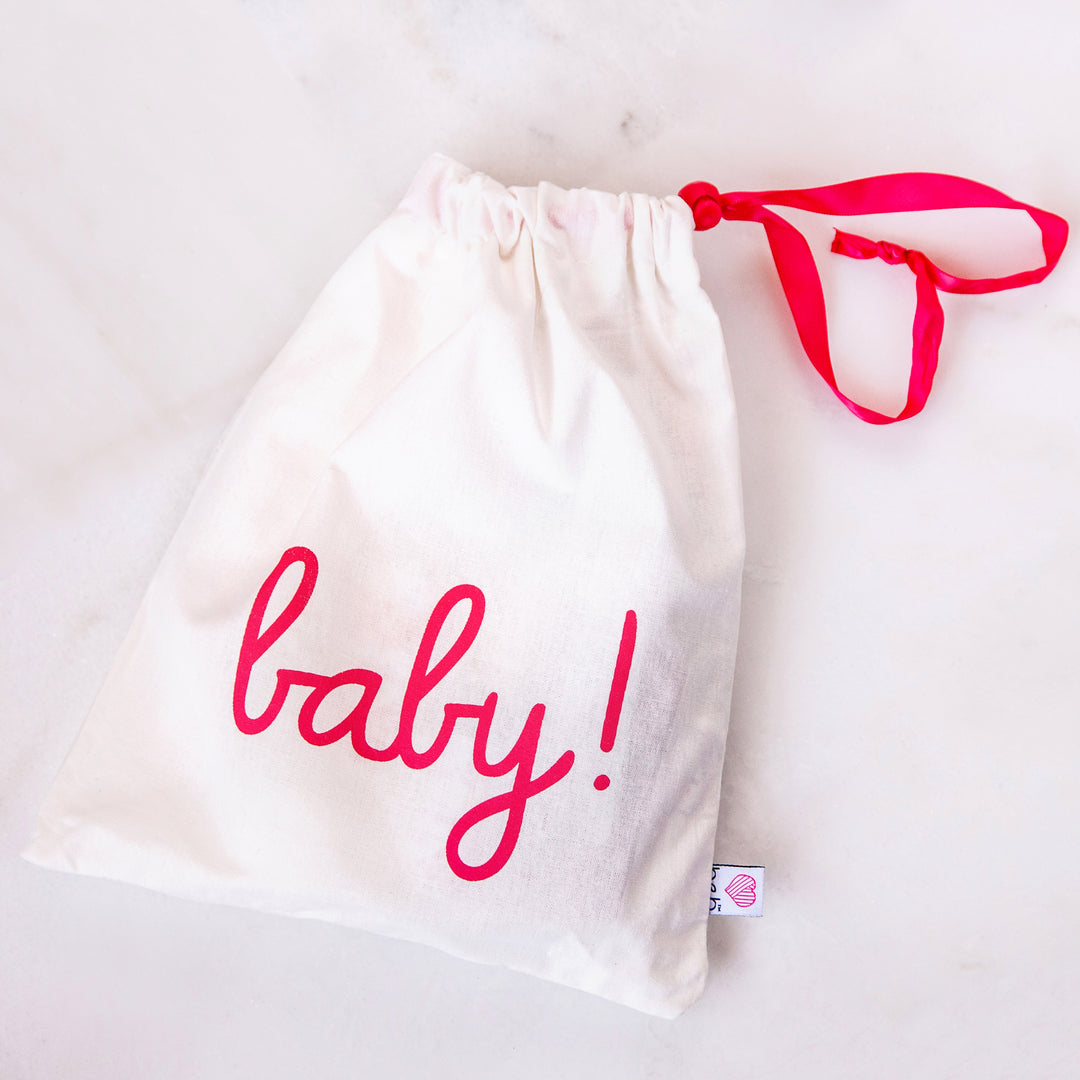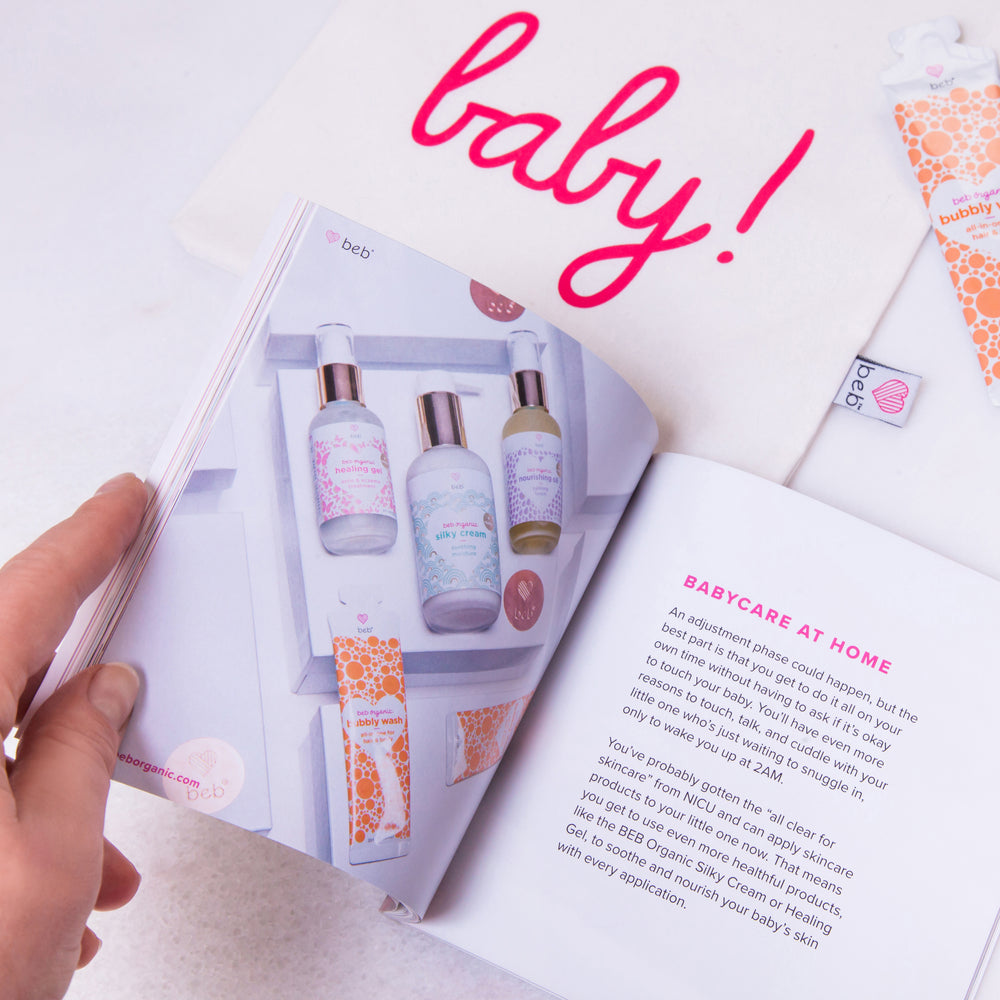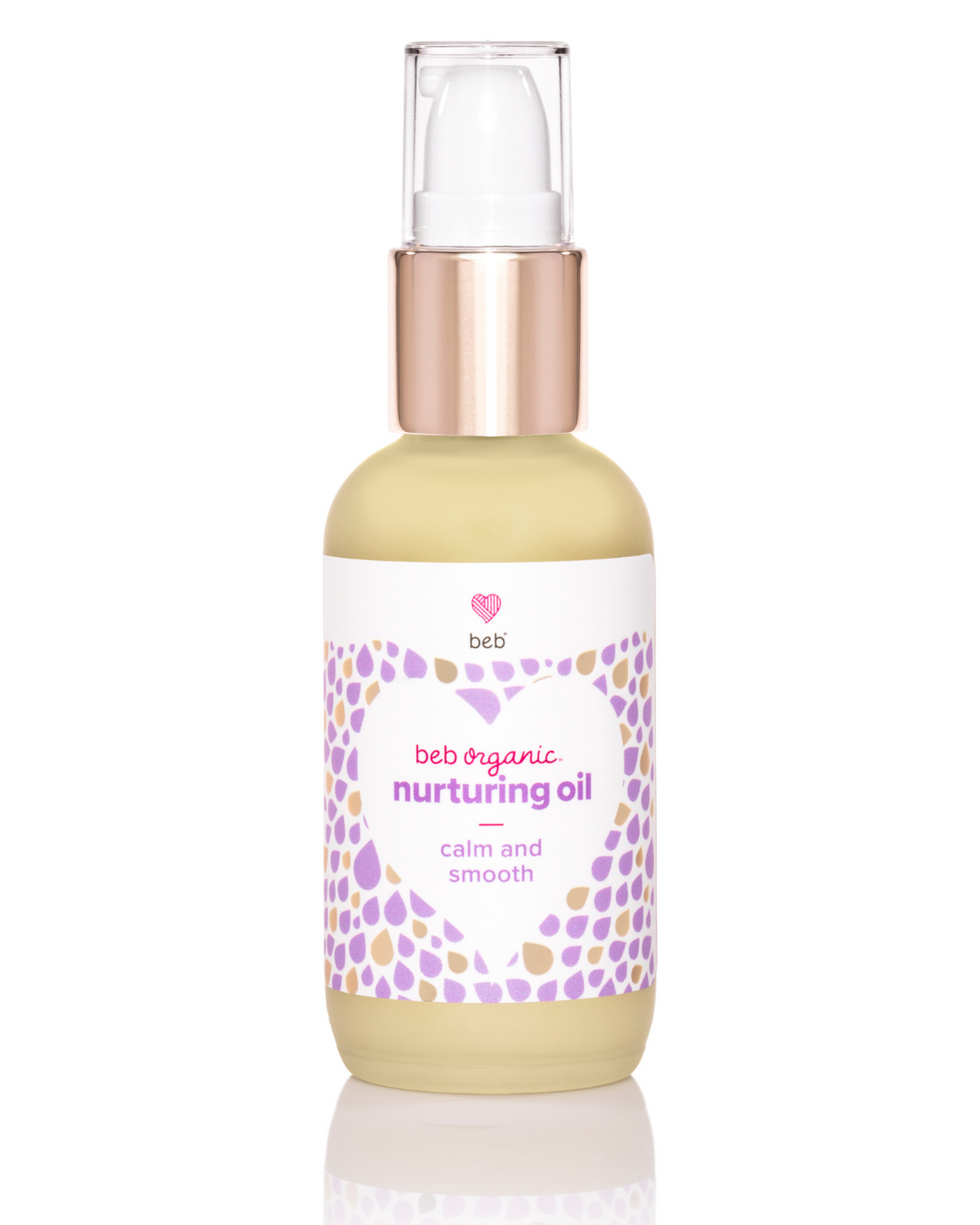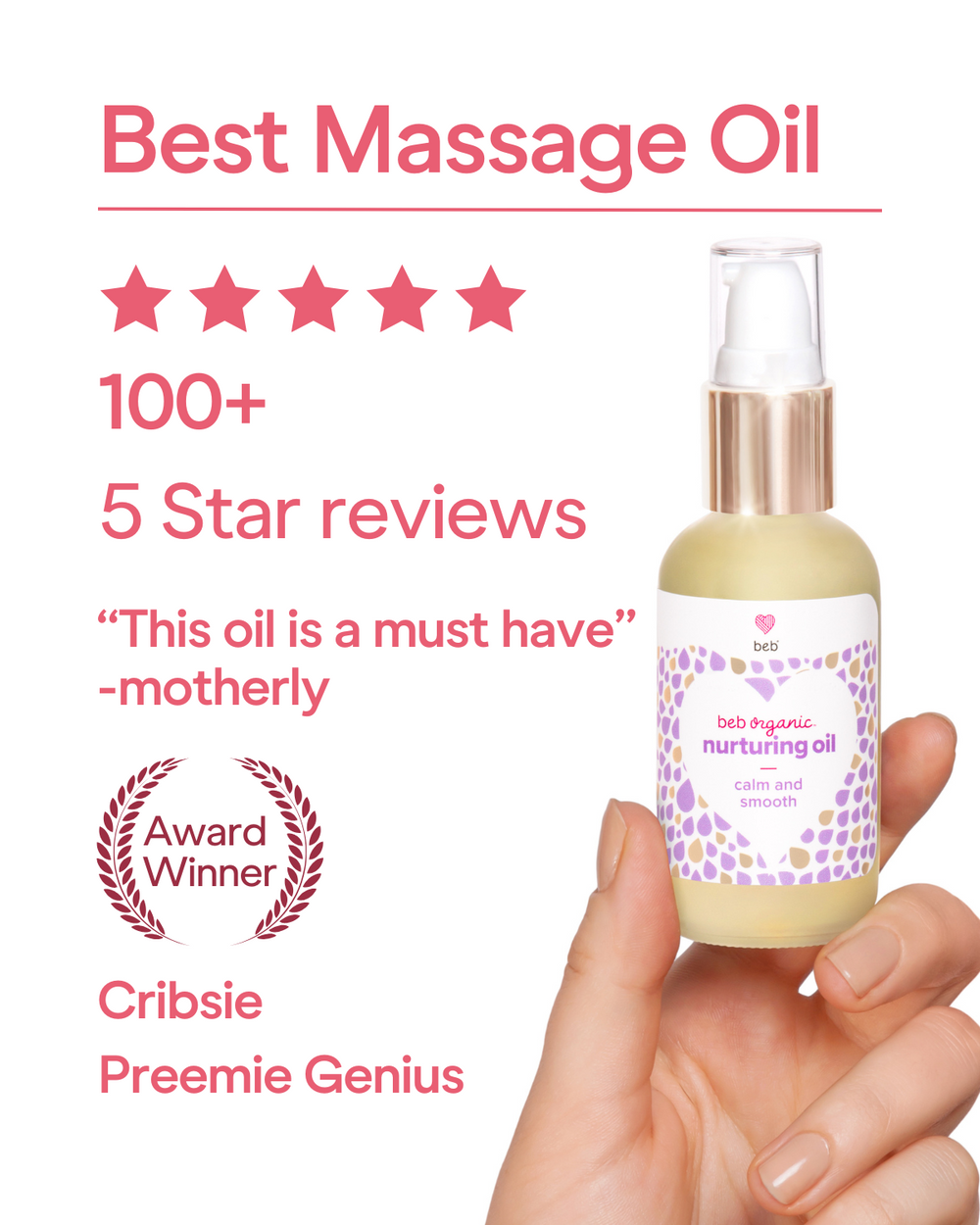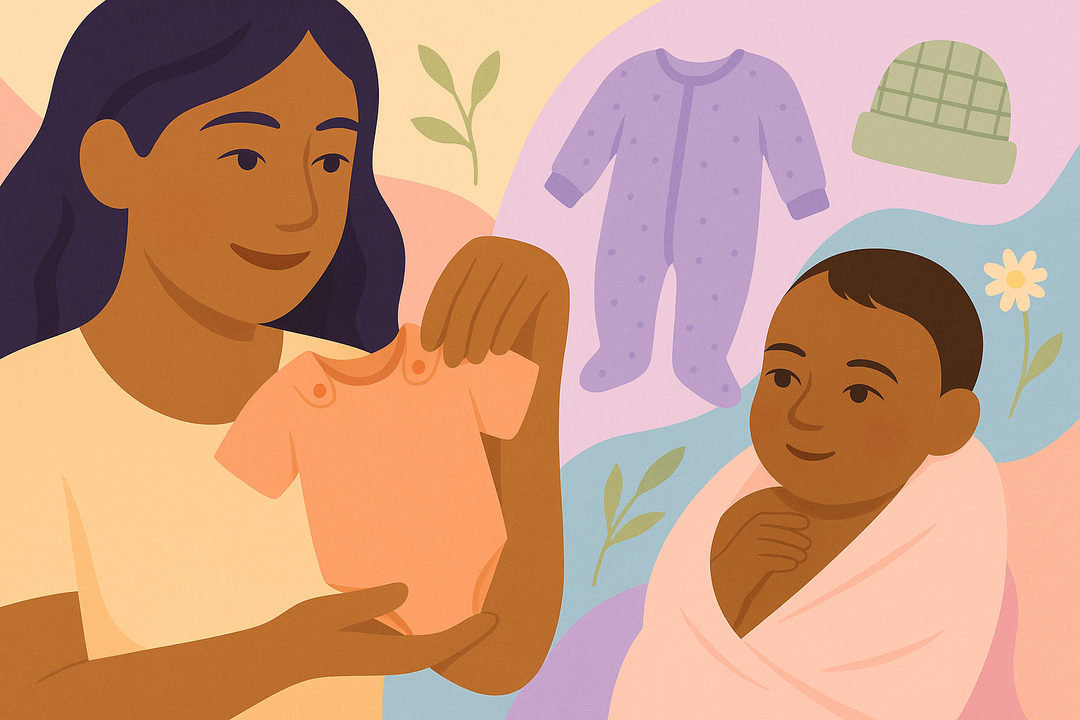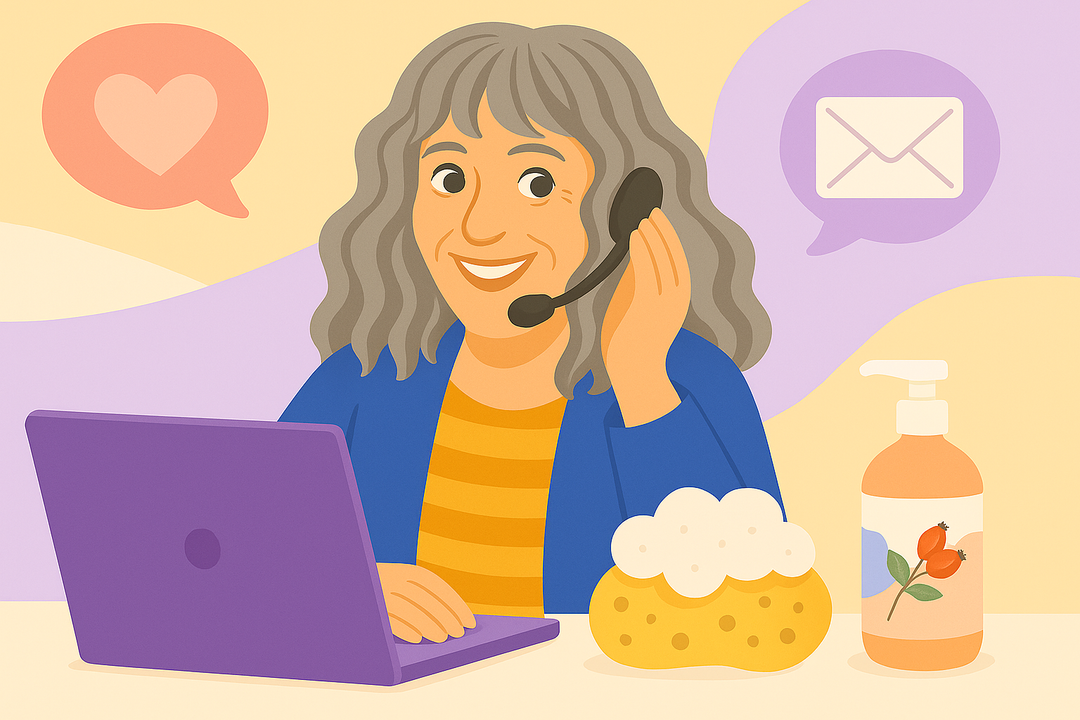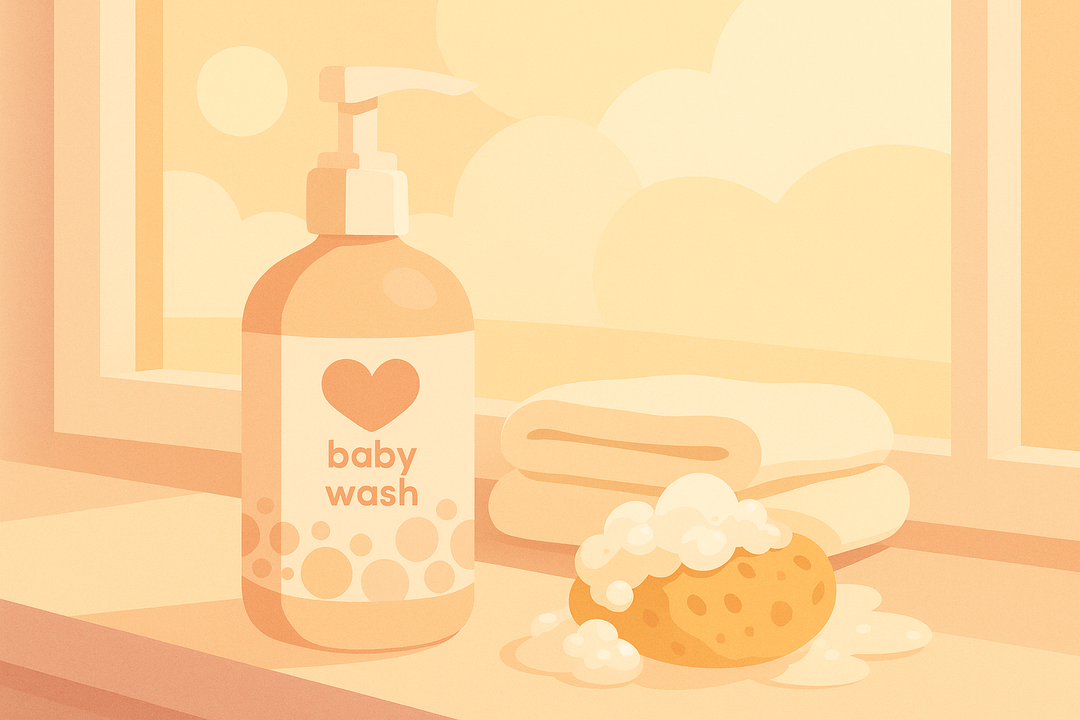Greenwashing Awareness: Why Clean Labels Aren’t Always What They Seem

“If it was good enough for me, it’s good enough for them.”
It’s something we hear often—especially from parents and grandparents who lovingly raised their children with the brands they knew and trusted. And we get it. There’s comfort in the familiar. But while those names might still be on the shelf, the products behind them may have changed—often in ways that aren't obvious.
Since BEB Organic first launched, we’ve had a front-row seat to the ways consumer perception and manufacturing standards have evolved. And as a brand born in hospitals and built to serve preemies, we have no room for wishful thinking. Our ingredient choices are guided by science, not nostalgia.
So let’s talk about it—what “greenwashing” really means, why it’s become so prevalent, and how you can protect your family (and especially your baby) by looking beyond the label.
What Is Greenwashing?
Greenwashing is a marketing tactic where a company presents its products as more natural, eco-friendly, or safe than they actually are. It’s everywhere—on shampoo bottles labeled “clean,” on lotions tagged as “plant-based,” on baby wipes stamped with phrases like “natural care” and “hypoallergenic.”
But here’s the catch: in the United States, none of those terms are regulated.
There is no legal definition of “clean beauty.” No standard for what makes a product “natural.” And definitely no oversight ensuring that what’s labeled “non-toxic” actually avoids the thousands of ingredients that parents may want to steer clear of.
That means it’s entirely possible—common, even—for a baby lotion that contains synthetic fragrances, formaldehyde-releasing preservatives, and known irritants to be sold as “gentle” or “dermatologist recommended.”
It’s not just misleading. It’s dangerous.
How Did We Get Here?
To understand how greenwashing became so widespread, it helps to look back. During the Green Revolution of the 1960s and ’70s, agricultural advances drastically increased food production. New chemical fertilizers and pesticides made farming more efficient—but also more dependent on synthetic interventions.
Shortly after, these same chemical innovations began to appear in personal care products. Preservatives, stabilizers, emulsifiers, artificial scents and colors—suddenly, even baby skincare was packed with lab-made ingredients designed to increase shelf life and decrease costs.
Since World War II, over 100,000 synthetic chemicals have been registered with the Environmental Protection Agency (EPA). Yet less than 3% of them have ever been tested for their potential to cause cancer—let alone their long-term impact on developing skin, hormonal systems, or sensitive immune responses.
In short: the product your grandmother used on her baby in 1970 may have changed formulas ten times since then. And the version sitting on today’s drugstore shelf might have a safety profile that would shock her.
What’s at Stake for Preemies and Babies?
A baby’s skin is different from ours. It’s thinner. It absorbs more. And for babies born prematurely—those who inspire every decision we make at BEB Organic—the skin barrier is not yet fully developed.
That means chemicals don’t just sit on the surface. They can pass into the body, triggering inflammation, interfering with development, or even suppressing the body’s natural immune response. For preemies, the difference between a healthy routine and an irritating one isn’t just cosmetic—it can impact recovery and resilience in very real ways.
That’s why hospitals and NICUs need skincare that doesn’t just seem clean. They need formulas backed by rigorous safety screening, proven biocompatibility, and ingredients that support, rather than challenge, the body’s natural healing systems.
And that’s why BEB Organic exists.
How BEB Organic Avoids Greenwashing
We don’t just claim safety. We prove it.
Every BEB Organic product is built from the ground up to support the most delicate skin in the world. Our commitment to ingredient integrity and clinical validation is unwavering—and it shows.
Here’s what makes us different:
-
No essential oils or artificial fragrance – Even natural fragrances can trigger allergic reactions. We leave them out entirely.
-
Certified organic and non-GMO ingredients – We choose the highest-quality raw materials, always sourced from trusted, transparent suppliers.
-
No petroleum byproducts – You’ll never find mineral oil, paraffin, or petrolatum in our formulas.
-
No parabens, phenoxyethanol, or harsh preservatives – Instead, we use plant-based stabilizers that nourish and protect skin.
-
Clinically proven safe and effective – Our products undergo third-party testing and are used in hundreds of hospitals and NICUs throughout North America.
At the center of every formula is our proprietary blend of Phytocura™ complexes—a family of plant-based actives chosen not just for their historical use in healing, but for their modern scientific validation. These bioactive compounds are carefully blended to hydrate, calm, and nourish developing skin while supporting the body’s own regenerative wisdom.
The Problem with “If It Was Good Enough for Me…”
We understand the instinct to trust what’s familiar. But the truth is, manufacturing practices have changed. Regulations haven’t kept up. And nostalgia doesn’t equal safety.
If you’re raising a baby in 2025, you’re navigating a very different world than the one your parents did. Today’s environment is more polluted, children are exposed to more synthetic materials earlier, and our understanding of skin health and immunity has evolved in profound ways.
We now know that the early days of life—especially the sensory experiences of skin and touch—have a profound impact on long-term development. And we know that even small exposures can matter.
That’s why BEB Organic doesn’t settle. We don’t assume “good enough” is good enough. We keep asking questions, re-evaluating our sources, educating our community, and making better choices—because every baby deserves the best possible start.
How to Spot Greenwashing
Want to know if a product is truly safe? Start here:
-
Read beyond the front label. Turn the bottle over. The real story is in the ingredient list.
-
Avoid fragrance. Even natural fragrance can hide hundreds of unlisted chemicals.
-
Do your research. Sites like EWG’s Skin Deep or MADE SAFE® can help decode what’s really in your products.
-
Ask questions. If a brand can’t explain what’s in their formulas—or why—move on.
We’re Here to Help
If you’re overwhelmed by the world of baby skincare, know this: you’re not alone. You don’t need to become a full-time researcher or memorize a list of 800 ingredients. You just need to find a brand that does the work for you—and shares your values.
At BEB Organic, we see skincare as a tool for connection, health, and empowerment. And we believe that when you protect the skin, you nurture the person.
We created this line for preemies. We perfected it for every baby. And we made it safe enough to become part of your whole family’s wellness ritual.
Ready to Begin?
Start with our best-selling Bubbly Wash— the best non-toxic baby wash made from coconut- and sugar-derived ingredients that cleanse without stripping. Or explore the full collection and discover how clean really can be comforting.


